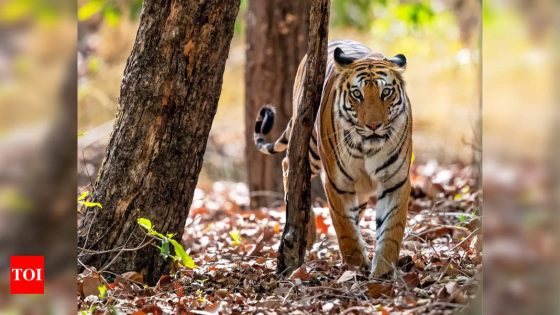The ‘Fauna of India Checklist Portal’ was launched on the occasion of the 109th Foundation Day of the Zoological Survey of India (ZSI) in Kolkata on Sunday by Union environment minister Bhupender Yadav.
The launch marks a significant milestone in biodiversity documentation, positioning India as a global leader in this field.
The faunal checklist includes 121 checklists of all known taxa, encompassing 36 phyla. It also highlights endemic, threatened, and scheduled species.
The comprehensive fauna checklist is important for several reasons:
- Conservation and protection: By documenting all known animal species in India, this list provides a baseline to track changes in biodiversity and identify threatened or
endangered species that require targeted conservation efforts. Scientific research : The detailed inventory of India’s fauna will serve as an invaluable resource for scientists, researchers, and policymakers to better understand the country’s rich ecological diversity and make informed decisions about sustainable management of natural resources.- International leadership: India is the first country in the world to prepare such a comprehensive national-level checklist of its entire fauna. This positions India as a global leader in biodiversity documentation and conservation, setting an example for other countries to follow.
- Informing policy and planning: The fauna checklist will help the government develop more effective policies and programs for wildlife protection, habitat preservation, and environmental management across India.
The environment minister said that the checklist will serve as an invaluable reference for taxonomists, researchers, academicians, conservation managers, and policymakers.
He noted that this document showcases India’s commitment to biodiversity conservation and will enhance the country’s role in global environmental stewardship.
“India is a global champion in biodiversity conservation,” Yadav said, referencing the “Ek Ped Maa Ke Naam” initiative as a testament to the country’s dedication to environmental preservation. This program was one of the first major initiatives undertaken by Prime Minister Narendra Modi after his re-election.
Additionally, Yadav highlighted other government initiatives aimed at preserving biodiversity, such as the International Big Cat Alliance. He pointed to the successful relocation of cheetahs to India as an example of the country’s effective conservation efforts.
Source Agencies



